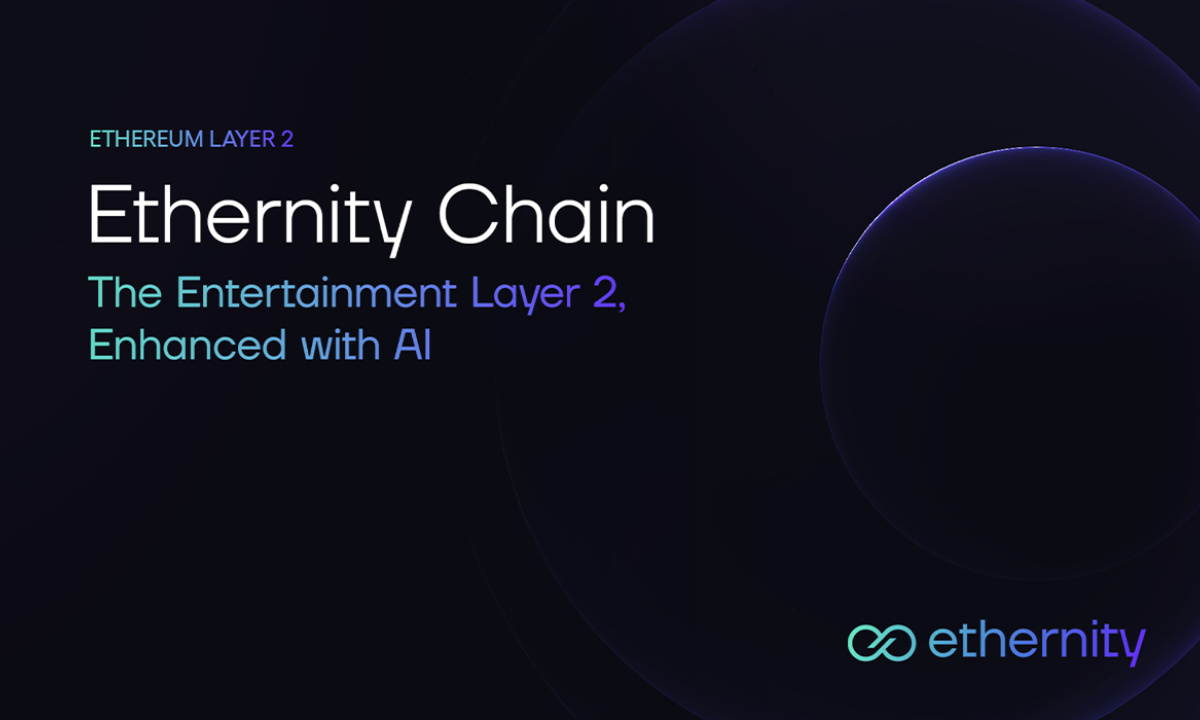Mining in the world of cryptocurrency is a crucial process, and there are various types of mining depending on the consensus mechanism used by a blockchain. One such type is storage mining, which involves miners being rewarded for storing data on their personal servers or devices. To become a node in the blockchain network, miners must allocate a specific amount of storage space. Filecoin is a notable cryptocurrency that relies on storage mining. The Filecoin blockchain selects eligible nodes based on the storage capacity of its miners, who then serve as transaction verifiers and creators of new blocks. This approach, which entrusts the node-selection process to a storage-based consensus mechanism, is somewhat experimental in the cryptocurrency industry. Unlike popular blockchains that use proof-of-work (PoW) or proof-of-stake (PoS) consensus mechanisms, Filecoin utilizes storage power as a measure of node eligibility. Nodes or storage miners receive mining rewards, such as FIL tokens, for successfully creating blocks. The storage dedicated by miners is utilized by users of the Filecoin blockchain, and therefore, approved nodes must prove that they possess the required storage power and an updated copy of the entire system on their servers at all times. Storage miners have the option to choose between cloud storage and hardware storage, making it easy for them to acquire additional storage power and improve their node rankings. While storage-based consensus mechanisms are not commonly used in the blockchain industry, Filecoin demonstrates the success of this system. Moreover, the customizable requirements for storage power requested by the network provide storage miners with a significant level of flexibility, which is not typically found in more established consensus mechanisms.











